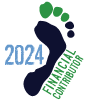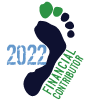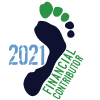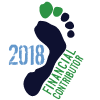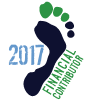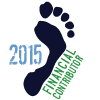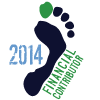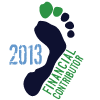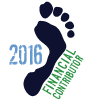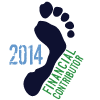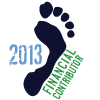i got a different conclusion when i read the article. don't stretch cold muscles. if you do stretch, do it dynamically or just warm up slowly. if you feel the need to static stretch, do it only when warm and preferably at the end of your workout so you don't lose strength.
I agree dynamic stretching before a run is much better than static stretching, which, if done with cold muscles, should be light and brief. I've also found dynamic stretching with ankle weights to be a great addition to my strength-training routine. Those kinds of exercises also double as good ab/core workouts.
That said, I can get in a really good hammie stretch in the middle of the day with no warm-up, but I've been doing this for a very long time. I just get down on the floor, put my feet on the furniture glides and the feet and glides against a wall, or file cabinets, or something, and slowly expand the angle of my legs. I start with them at about a 90-degree angle, and then open them gradually by pushing behind against the floor with my hands, or reaching forward to grab a rope or a cinder block, until the feet are spread out at about a 150-170 degree angle. It takes about 10-15 minutes, and I read a book or something while I'm doing it. Good lord do I feel good afterwards. Maybe feeling good isn't a good criterion for deciding if something's worth doing, but ultimately most of my day's decisions are based on that very thing.
things i've read say that static stretching activates the stretch reflex in your muscle and will make them tight.
It has also been my experience that the more you stretch, the tighter you get if you don't stretch, so for folks who aren't interested in greater limberty and freedom of movement, you mis' well limit your stretching to activity-specific movements. And I think we've all agreed that for running, being super stretchy isn't necessary, although a lot of us feel that it does help prevent certain kinds of injury.
when your balanced there is no tightness or weakness, hence, no need to stretch.
I don't know about the whole muscle imbalances idea. Seems like the repetitive nature of running can sometimes really wind up the muscles, no matter how relaxed and balanced you run. And I certainly know from 30 years of on-and-off weight training that if you're not getting sore/tight, you're probably not doing anything with any real benefit. After doing sprints, I get that ST kind of soreness in my quads, but after a long run, the tightness seems more diffuse and related to the tendons.
Since this thread began, I've paid a bit more attention to what I actually do, and I've noticed that I rarely stretch right after a run. After a morning run, I'm mostly thinking about breakfast. And like Wayne, I have a fondness for a damn cold IPA after an afternoon run. It's more like a coupla hours afterwards, and then repeated as needed, that the post-run stretching comes in. It's also interesting that for the feet, I think stretching and massaging/rolling are about equally needed; for the lower legs, massaging/rolling seems more beneficial for me; and for the upper leg, stretching is way more beneficial than massaging/rolling. Ironically, I've begun to stretch a bit more pre-run since this thread has begun.
I think Jen is absolutely right, if you have an acute injury, like an actual tear, then stretching is the last thing you want to do. I think most of us who have cured our injuries through stretching are referring more to overuse injuries. I disagree that yoga isn't stretching. It's 'active' stretching, involving muscle contractions. 'Static' stretching is what most people seem to be referring to when they talk about stretching in the negative sense. It would be nice if this could always be specified. There are four kinds of stretching: active, passive, static, dynamic. Almost everyone will agree that you should not statically stretch muscles when they are really cold or injured, and I think that's what Wayne's 70s-era routine and the stocking-footed hand-job guy are referring to.
Wayne, I'm sorry for your loss. I can't imagine how hard it would be to lose a child like that.



